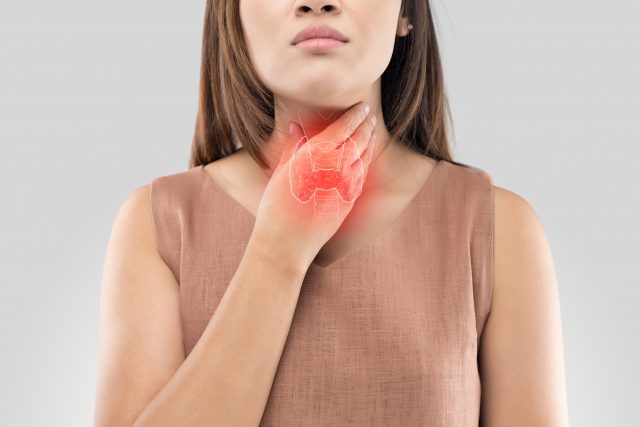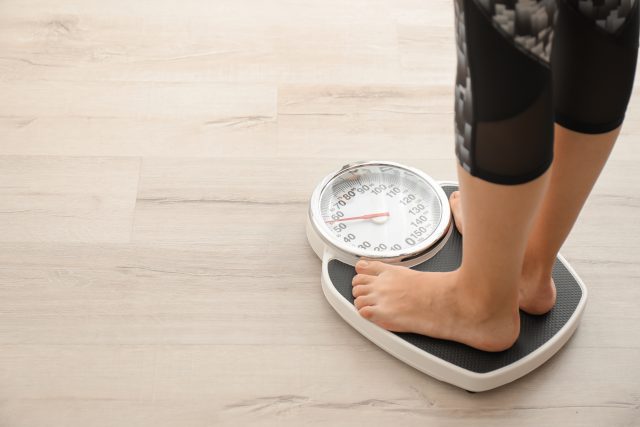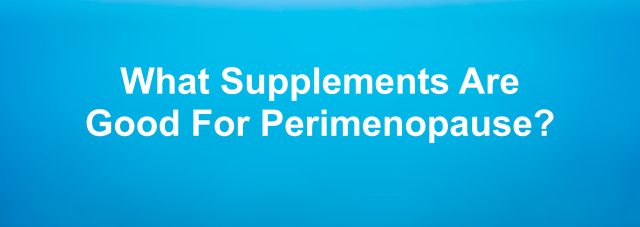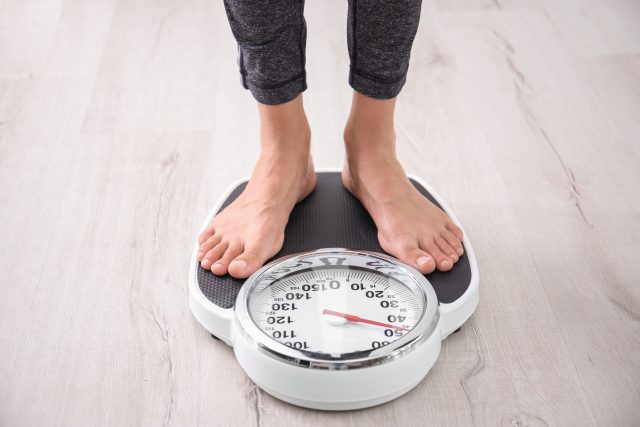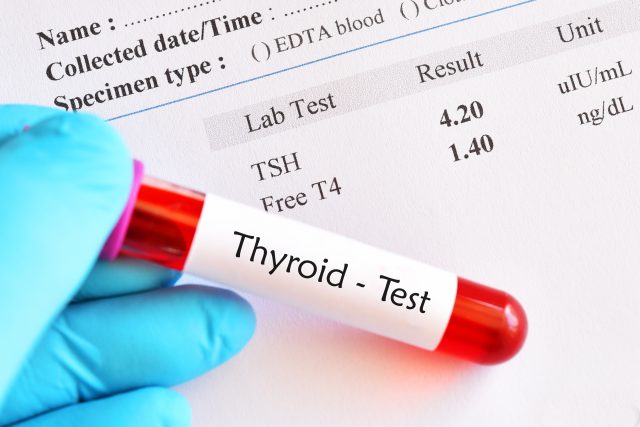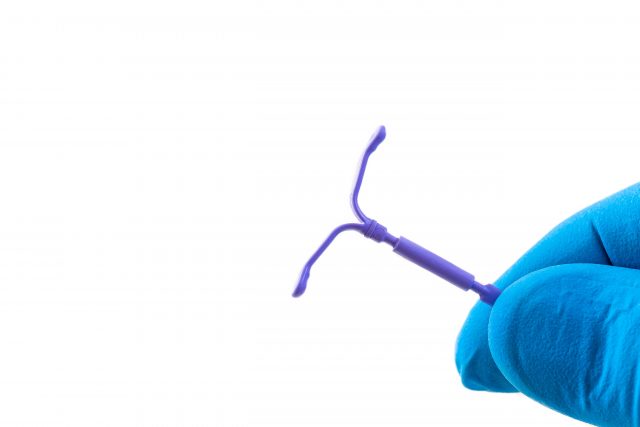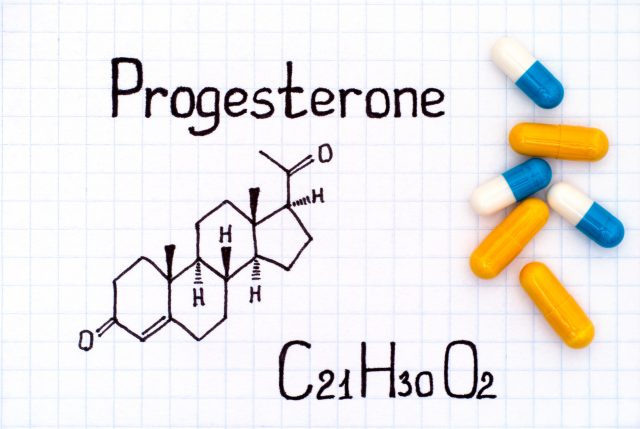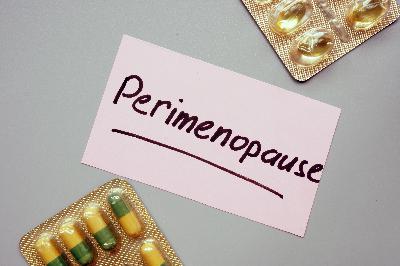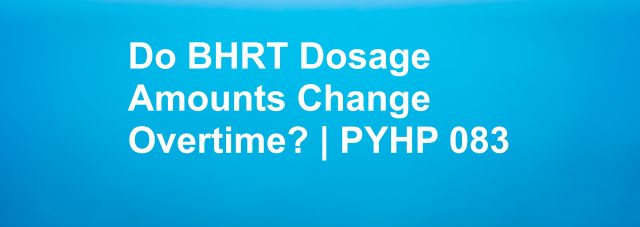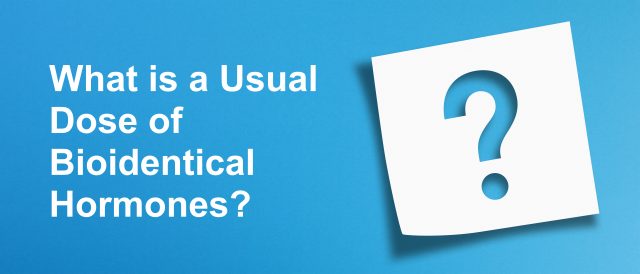What is a Good Progesterone Dose for PCOS? | PYHP 080
Description
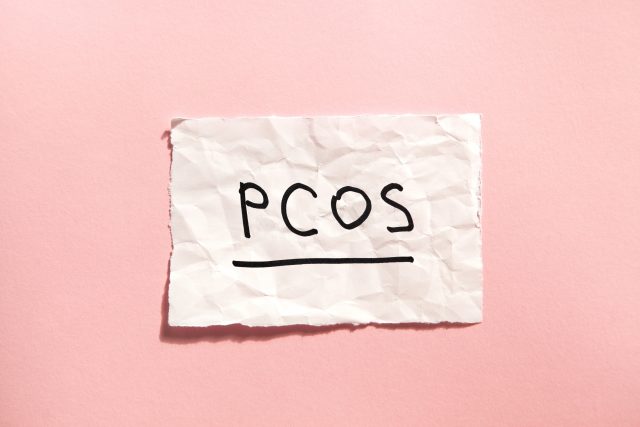
Dr. Maki: Hello everyone. Thank you for joining us for another episode of the Progress Your Health Podcast. I’m Dr. Maki.
Dr. Davidson: And I’m Dr. Davidson.
Dr. Maki: So we have another question. This one we’re going to talk about PCOS. But it’s a combination of PCOS and progesterone. This question is from Sarah. Dr. Davidson, why won’t you go ahead and read it?
Dr. Davidson: Sure. Sure. So Sarah sent us an email about a blog post that we had written, talking about the difference between creams and oral capsules for bioidentical progesterone replacement. So Sarah’s asking or actually saying thank you. Thank you for writing your post weighing the differences between creams and oral capsules, that would be for the progesterone. What dosing would be typical for a pre-menopausal woman with PCOS and amenorrhea having one to two menstrual cycles per year who is seeking to regulate cycles?
Dr. Maki: Okay, so this is a fairly common situation that we deal with on a regular basis, both with the progesterone, the capsule versus cream comes up a lot. Prometrium versus progesterone comes up a lot. I know we’ve talked about Prometrium on the past. Prometrium always comes in a capsule. That’s what you get from a big box pharmacy. That post that you wrote or actually that was a blog post. That creams versus capsules is pertaining specifically to bioidentical progesterone. Which one’s better? Everyone has a different opinion. Most of the time, you and I prefer to use proges– bioidentical progesterone oral capsules.
Dr. Davidson: And well, not all the time but it kind of depends on what the situation is, you know. We use creams a lot as well but I tend to use more the capsules with women that are maybe more perimenopause or a little bit older wheres sometimes I’ll use the creams with younger women or maybe even teenagers trying to, you know, work on those– that hormone balancing. But what’s interesting here with the Sarah is she’s talking about PCOS, so Polycystic Ovarian Syndrome, with amenorrhea, meaning missing periods. So, in a perfect world, do you know– you know, a premenopausal female will have a period every 28 days. So once a month, you know we get a period, but with PCOS that can create a lack of ovulation and what she’s referring to here which is amenorrhea meaning no periods. So she might be having one period a year, it looks like maybe even two periods a year.
Dr. Maki: Yeah, right with. And I know we did a post a while back. I know you’re an did some writing about the different types of PCOS. Right. We don’t think of PCOS as just being you have it or you don’t or I’d say black and white diagnosis and we believe that there’s a spectrum to it. And you kind of name some of those types. Classic, classic is just that it follows the, you know, the textbook diagnosis of PCOS. The common type, which is maybe has some of the characteristics of a full-blown diagnosis, but, you know, maybe not as many of them but it’s still the most prevalent form of PCOS. And then there’s the concealed type which is not necessarily exactly PCOS, but they have some of the tendencies of PCOS. You can go back and look at that. I’m not sure exactly right now, off the top my head what number– what episode that is but it’ll be in the show notes.
Dr. Davidson: Yeah, exactly. So PCOS, Polycystic Ovarian Syndrome. So you think well the ovaries much at must have a bunch of cysts all over them but honestly, really, and PCOS, not all women have cysts on their ovaries but they do have a collection of an imbalance between their hormones, between the androgens which should be the DHEA, the testosterone and then their reproductive hormones, which should be that estrogen and that progesterone and then you’ll see manifestations that go to the adrenal hormones and also all really very highly likely also exacerbating the thyroid hormones or a thyroid condition.
So, but looking, you know with them, with Sarah, it is common with PCOS to miss a period here and there. Like when someone says, “Hey I haven’t had a period for four months.”, and they’re not pregnant you, and they’re not menopausal, you start to think okay there’s some kind of hormone imbalance, possibly some form of PCOS cuz PCOS like Dr. Maki was talking about is really an umbrella, where we kind of characteristic, we have these different characteristics where we kind of grouped it into three different profiles which, like you said, we have another podcast and am also I think I have some blogs on that too. But one– in that– in those blogs and podcasts, we do refer to using progesterone with PCOS because one of– probably one of the hallmarks in all classic common and concealed PCOS is low progesterone.
Dr. Maki: Yeah, right, yeah. Now granted PCOS as a diagnosis, especially the classic or the common there and even in the concealed, they might have an increase to their androgen so the DHEA and testosterone have to be, you know, have to be evaluated. And I’m sure that has already been tested, because she’s, you know, she’s asking about progesterone in the use of with someone that has PCOS. So I’d imagine that she’s at least gone to that level. We don’t know what those numbers are. She didn’t tell us what her PCOS or what her DHEA or testosterone is. But I would assume that either one or both of those is elevated.
Dr. Davidson: Just to interject, if you’re hearing some kind of odd like whining and moaning sounds, our dog Bob is chewing on his elk. I think it’s his elk antler or his deer antler bone. And. This is our first Aussie or Australian shepherd. I don’t know if they all do this but he talks all the time but it’s not like barking. It’s like moaning and whining.
Dr. Maki: Yeah. Well he’s chewing on a deer antler so I don’t blame him. You know. It sounds like pretty much fun.
Dr. Davidson: So. If you hear some whining in the background, it’s the dog and he’s very, very happy.
Dr. Maki: Yeah. Well, he’s like our little podcast sidekick. So every time we come into our little home studio that we have set up, he is immediately on the rug at our feet. He gets a little bit, you know, a little bit short attention span. The bone helps a little bit but then the bone kind of gets him all riled up. So, I don’t know if you heard that or not but he was kind of growling at the bone here just a second ago.
Dr. Davidson: So sorry to be distracting with that but yes, back to Sarah, the progesterone and it looks like she’s specifically, you know, asking a little bit between the creams and the capsules and definitely with the PCOS we pretty much most of the time use capsules for the PCOS to try to get that cycle regulated.
Dr. Maki: Yeah, right. And now, dosing wise for a woman that is menstruating, right, that’s where the dosing does differ a little bit because too much can shut the period off, the right amount, could you know, whi

